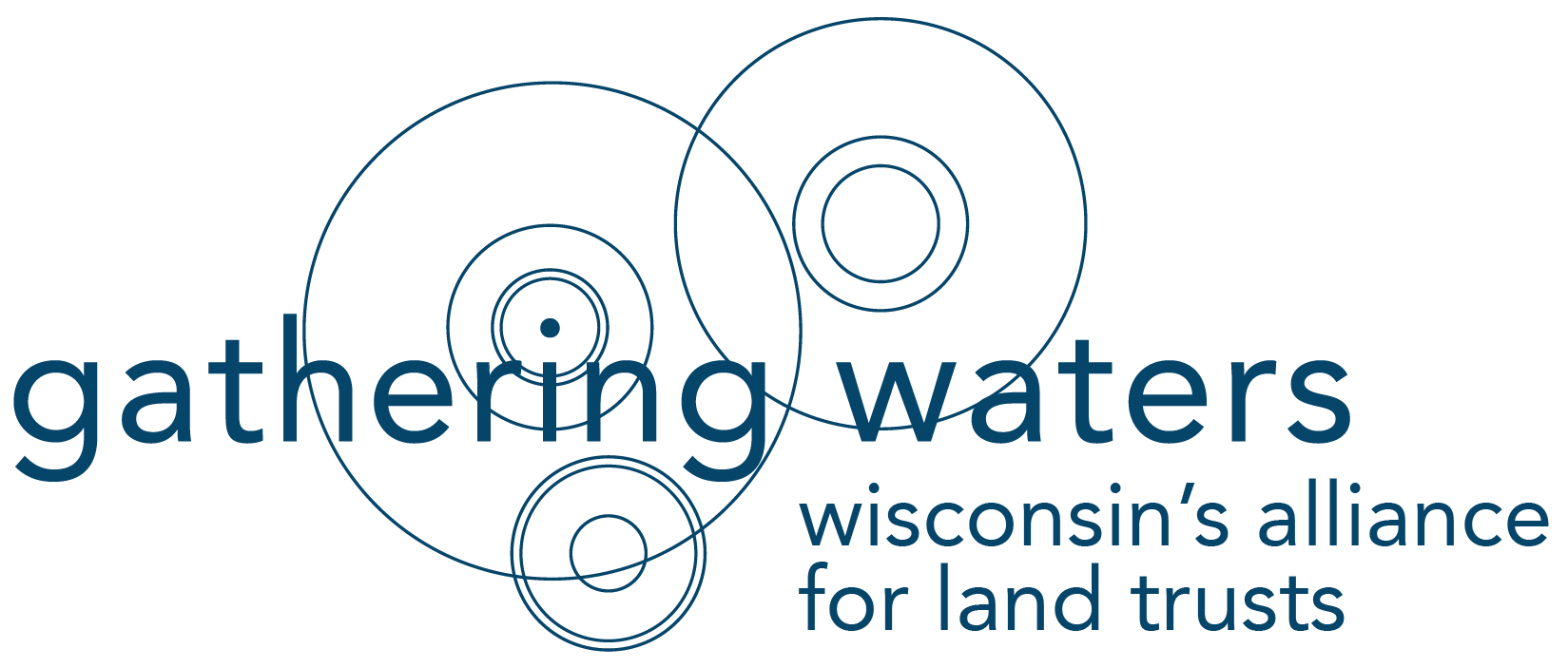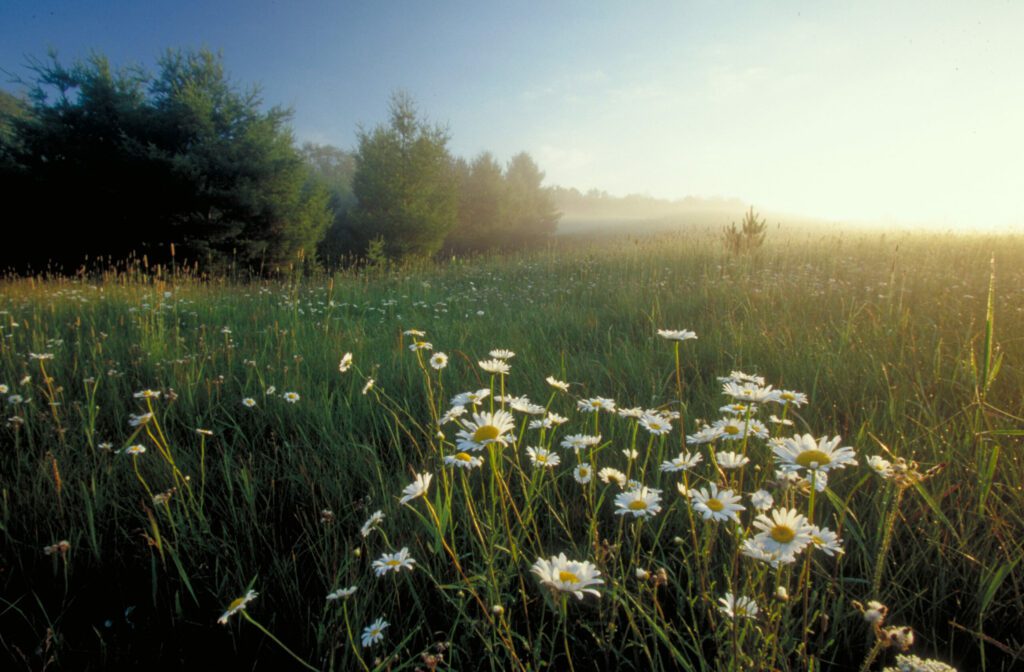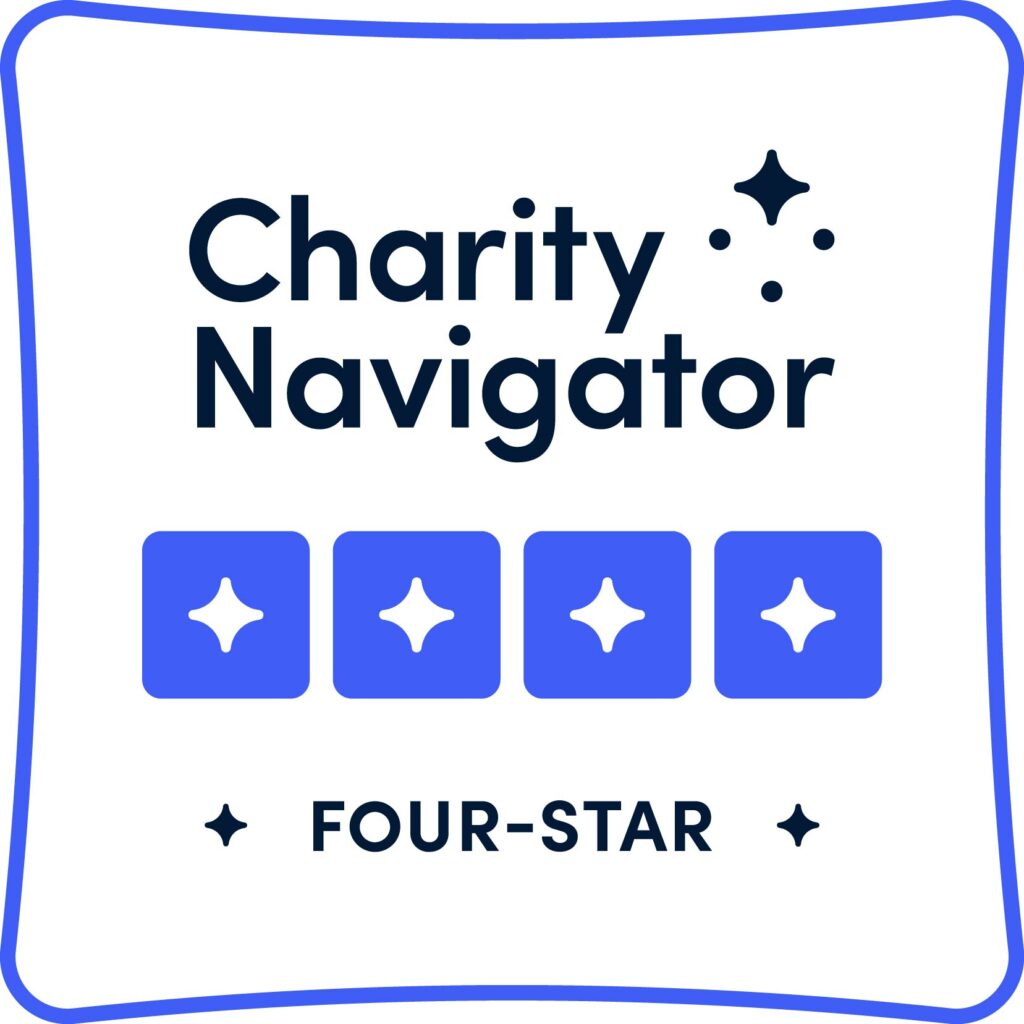At the 2019 Wisconsin Land Trust Conference, Kelly Watkinson, Land and Climate Program Manager at the Land Trust Alliance, led a discussion on Framing the Conversation About Climate Change. She offered encouraging research findings that demonstrated land trust members support climate change messaging, and she outlined practical recommendations for effective communication.
Here, we offer suggestions of the many good guides and examples, and people to follow for insights.
One of our current favorites is Connecting on Climate: A Guide to Effective Climate Change Communication. From 2014, by ecoAmerica and Center for Research on Environmental Decisions, this guide is based in social science research and outlines practical communication principles from “put yourself in your audience’s shoes” to “make behavior change easy.”
Unlocking the Climate Solution, a video from The Nature Conservancy, shows nature is an essential solution to climate change, trapping carbon to slow future warming and defending us from the effects of warming already happening.
Another video example we discussed at the conference is Northwest Arkansas Land Trust’s video, Saving Land for a Changing Climate.
The Language of Climate and Clean Energy is a good analysis of 2018 US public opinion research data that provides the top messages related to communicating support for clean energy and climate action to American voters.
Yale Climate Opinion Maps show climate change beliefs, risk perceptions, and policy support at the state, congressional district, metro area, and county levels.
Project Drawdown is a broad coalition working to identify the best available information on climate solutions in order to describe their beneficial financial, social, and environmental impact over the next thirty years. A continuation of the book by the same name, edited by Paul Hawken (2017, Penguin), Project Drawdown features “no regrets” solutions—emphasizing benefits rather than sacrifices, and using the language of harmony with the earth and each other, rather than terms like battle, fight, and war.
Wisconsin-specific resources
Climate Wisconsin is an educational multimedia project featuring stories of climate change from around the state. All stories are supported by research conducted in collaboration with the Wisconsin Initiative on Climate Change Impacts.
The Wisconsin Climate and Health Program makes the connection between climate and human health with information and toolkits on preparing for droughts/floods, cold/hot weather, storms, infectious diseases.
Climate Forward, a report by the Wisconsin Academy of Sciences, Arts & Letters, assesses where Wisconsin is on a path to build our citizens’ creativity and imagination to shape a future that is good for our environment and our economy. The web portal offers strategies by sector and options for action.
Get the Midwest picture
The Midwest Chapter of the Fourth National Climate Assessment, Volume II, includes key messages related to agriculture, forests, biodiversity and ecosystems, human health, and transportation.
Stay up to date and get inspired
Check out insights and videos from Katharine Hayhoe, a respected climate scientist and communicator, and an evangelical Christian working at Texas Tech University. Follow Katharine Hayhoe’s Facebook page to see her posts.
Climate & Conservation eNews from Judy Anderson, Community Consultants features semi-monthly articles, including examples of land trust actions; and focusing on solutions—with particular attention to slowing climate change and transitioning away from fossil fuels.
This is not an exhaustive list of resources by any means. Please share your favorites along with a brief description of the resources’ value. Send your recommendations to meg@gatheringwaters.org and we’ll add them to our Climate Change resource list.



